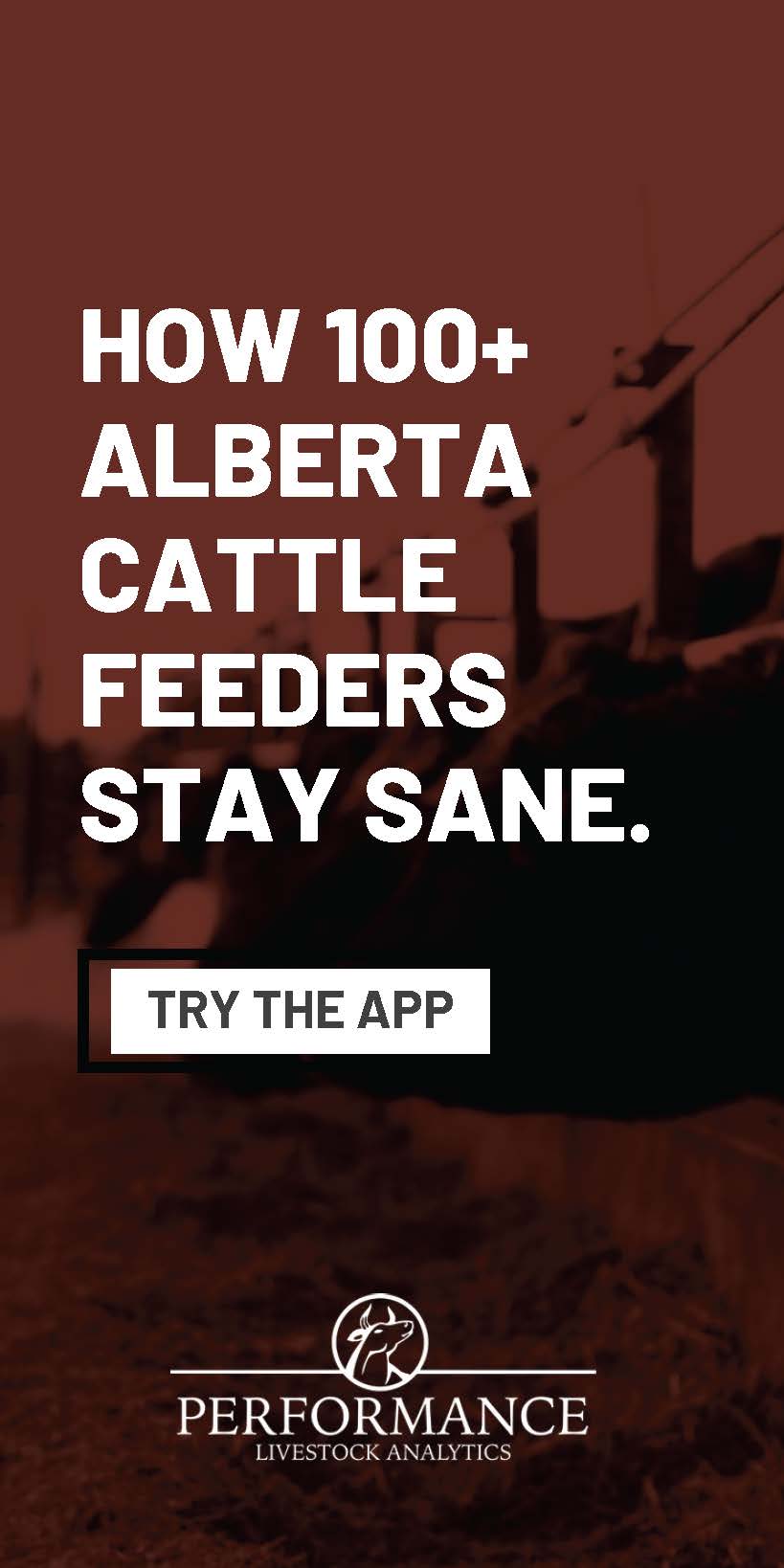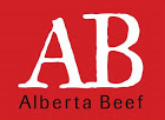Lowe’s first attempt at cowboy politics was to let his name stand as a board member for the Alberta Cattle Feeders. It coincided with the onset of BSE and he recalls it being more reactive than proactive. After two years, he stepped down.
On a nudge from a friend, he let his name stand to run as a delegate for ABP but admits just saying his name followed by two minutes of silence didn’t get him elected.
He figured that would be the end of his political career until a so-called friend volunteered his name to stand as an ABP delegate in Zone 2. After attending a few ABP meetings, he realized he actually liked this other side of the industry.
A few years later, when he wasn’t happy with some happenings at the CCA, he ran as an ABP rep off the floor at the ABP annual meeting where, to his surprise, he was inadvertently picked.
It was an unexpected turning point for the feeder. CCA picked him to act as one of two producer voices on the planning committee for the McDonald’s Sustainability Pilot Project which is currently underway.
“We have been working on the McDonald’s file for close to two years. It has been a great learning experience. The indicators for determining sustainability have been developed using a collaborative approach with McDonalds, the World Wildlife Fund and industry all having input,” says Lowe now putting on his CCA board and environment committee hat as well as his ABP vice-chair hat.
“The indicators for sustainable beef must also work on the world stage to meet the global criteria. Once the McDonald’s verification project is done at the end of April, the plan is for the CRSB to take the indicators and make them their own.
“Everyone I’ve talked with that has gone through the verification process has been excited about drilling down their own operations to see how they stack up. It really has been an invaluable internal review of what we do and how we do it.”
Lowe and his nephew Tyson went through the verification process the same day, first for Bear Trap Feeders and then Lowe Ranch.
“The idea for the indicators was to raise the bar high enough to be credible and low enough for them to be achievable. There were a few things the feedlot didn’t score high in and we can fix them. We just need to pull up our boot straps in a couple of areas.
“But the real success of this verification pilot project is it shows the Canadian industry is scoring high overall. The indicators prove we are well ahead in sustainability compared to our competitors. Most of the 31 indicators are things we, as an industry, are already doing, we just have to do a better job of being able to prove them.”
Some of the indicators included:
Water quality, sediment, nutrient runoff ground water and waterway health. In response, Lowes showed the verifiers the catch basins and letter from the National Resources Conservation Board.
Supports local community. In response, Lowes showed involvement in local service and industry organizations.
Cattle have at-will access to a palatable quality water source. In response, Lowes showed water analysis and trough size.
Operation responsibly optimizes efficiency and productivity through innovation and technology. In response, Lowes showed documentation for feeding ionophores and strategic use of growth promotants.
McDonald’s has made arrangements for taking the verification process on the road to explain to producers what the results actually mean for the industry and their fast-food business. Meetings are being held across the province to help to dispel any myths about the project.
“There is a whole society out there that wants to see the end of animal agriculture and we can’t ignore that anymore. We have rested on our laurels for many years and if the world’s biggest food retailer and the World Wildlife Fund backs our claim of being efficient and good producers of beef, then we have some powerful allies.”




